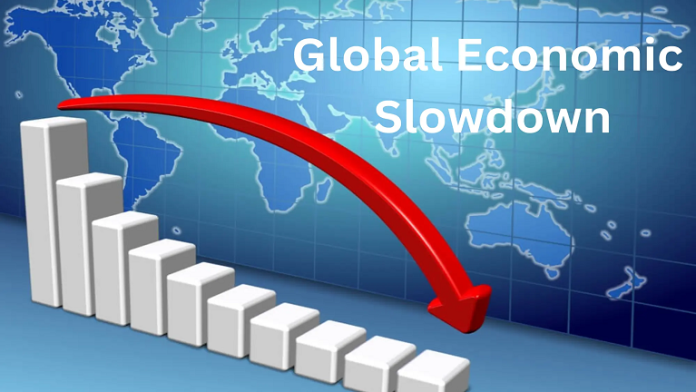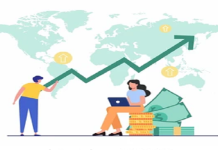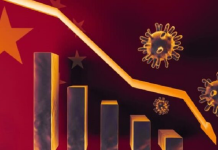The world economy is a vast, interconnected system that affects every aspect of our lives, from the prices we pay for goods to the job opportunities available to us. Understanding the intricacies of this global network is no easy feat, but with the right tools—like real-time reports and comprehensive educational resources—individuals and businesses can make more informed decisions that align with their goals.
The Role of Educational Resources in the Global Economy
Access to quality educational resources is essential for navigating the complexities of the world economy. Whether you’re a student learning about economic principles or a business leader making strategic decisions, education provides the foundational knowledge needed to understand market forces, supply chains, and financial systems.
With the rise of digital platforms, educational resources have become more accessible than ever. Online courses, webinars, and e-books allow individuals from all walks of life to deepen their understanding of the global economy. This democratization of education is particularly important for developing nations, where traditional educational institutions may be out of reach for many.
Moreover, educational resources are not just about imparting knowledge—they also provide individuals with practical skills that can be directly applied in the workforce. For example, courses in data analysis, financial modeling, and business strategy equip professionals with the tools they need to excel in a competitive global market. As more people gain access to these resources, the global workforce becomes more skilled, driving innovation and economic growth.
Real-Time Reports: A Window into the World Economy
While educational resources offer the knowledge needed to understand the world economy, real-time reports provide the data required to navigate it effectively. These reports give businesses, governments, and individuals the ability to track economic trends as they happen, allowing for quicker and more informed decision-making.
For instance, companies operating in international markets can use real-time reports to monitor currency fluctuations, changes in consumer demand, or shifts in government policies. This immediate access to information allows businesses to adapt their strategies in real time, minimizing risks and maximizing opportunities.
Similarly, policymakers rely on real-time reports to gauge the health of the economy. By monitoring key indicators such as unemployment rates, inflation, and GDP growth, governments can implement policies that stabilize the economy or stimulate growth. Without access to real-time data, these decisions would be based on outdated information, leading to less effective outcomes.
The Synergy Between Educational Resources and Real-Time Reports
When combined, educational resources and real-time reports create a powerful synergy that can greatly enhance our understanding of the world economy. Education provides the theoretical framework needed to interpret economic data, while real-time reporting offers the practical insights needed to apply that knowledge in the real world.
For example, a business leader who has completed a course in global economics can use real-time reports to track market trends and adjust their company’s strategy accordingly. Likewise, a government official with a strong background in economic policy can analyze real-time data to make more informed decisions about fiscal or monetary policy.
Conclusion
In today’s interconnected world economy, staying informed is more important than ever. By leveraging both educational resources and real-time reports, individuals and businesses can navigate the complexities of the global market with greater confidence and success.























